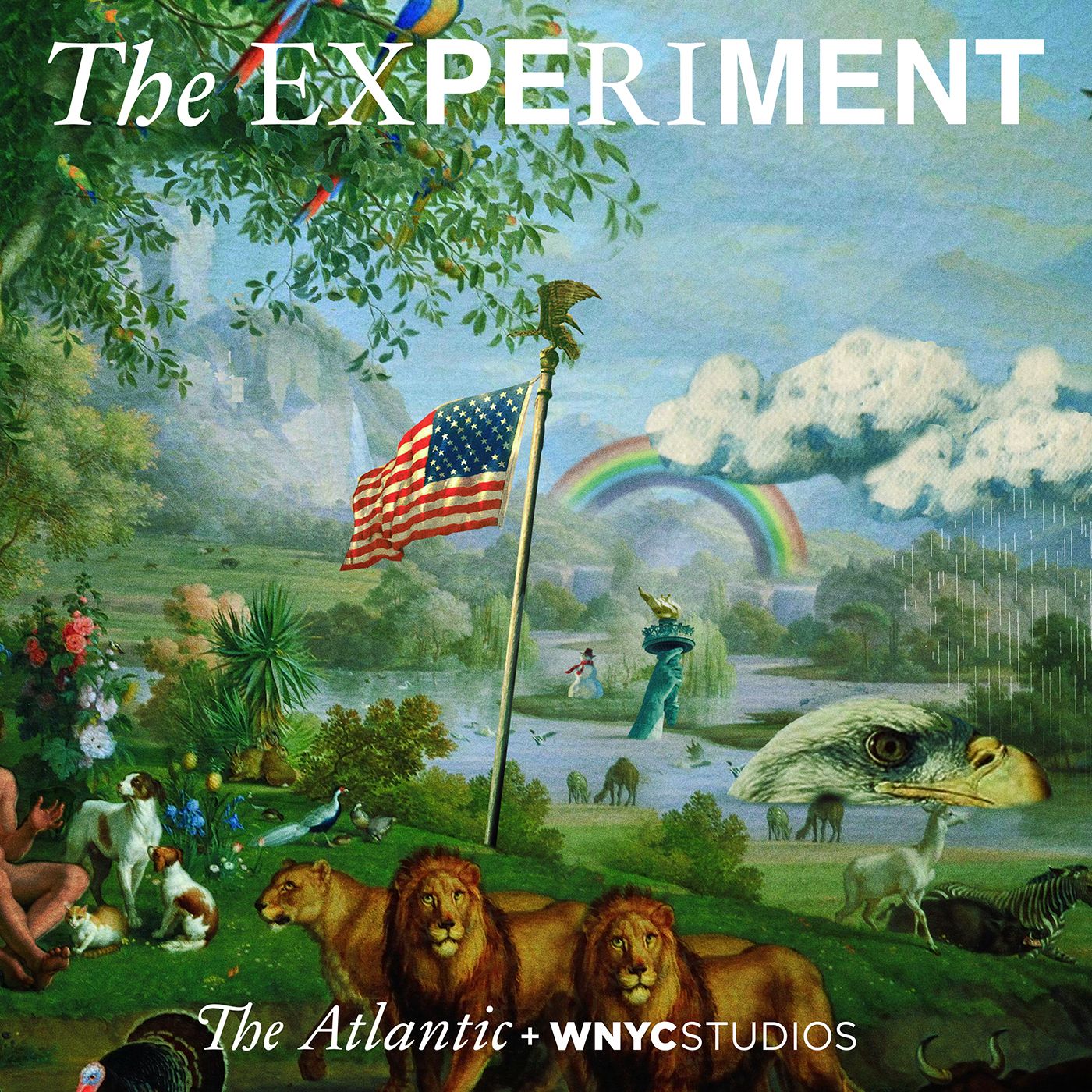What Makes a Murderer?
Description
One night in the spring of 2005, Anissa Jordan was sitting in a car in San Francisco while her boyfriend attempted to rob a young man nearby. Shortly after, police arrested both Anissa and her boyfriend. Anissa was detained and dressed in an orange jumpsuit before she learned that the young man had been shot and killed that night and that she and her boyfriend would both be held responsible. The charge: felony murder.
The felony-murder rule, which exists in more than 40 states, allows prosecutors to charge accomplices to certain crimes, such as conspiracy to commit robbery, with murder, even if they didn’t intend to kill—and even if they weren’t present for the murder. It does so by removing intent to kill from the calculus of what makes a murderer. Critics say the rule has disproportionately led to the incarceration of youth of color and women, such as Anissa, but some prosecutors say the felony-murder rule is the key to holding police officers responsible in the killings of civilians.
“By propping up this terrible rule, however we do it, we have to understand this rule is primarily used against Black people and people of color,” says Kate Chatfield, a director at the Justice Collaborative.
This week on The Experiment, a look at the doctrine that prosecutors used to convict Anissa for a crime she didn’t even witness, and a debate over whether that same rule is crucial to prosecuting the highest-profile case in the country, The State of Minnesota v. Derek Chauvin.
Further reading: “What Makes a Murderer?”
Be part of The Experiment. Use the hashtag #TheExperimentPodcast, or write to us at [email protected].
This episode was produced by Alvin Melathe and Julia Longoria, with editing by Katherine Wells. Fact-check by Will Gordon. Sound design by David Herman. Special thanks to Adam Harris and John Swansburg.
More Episodes
Host Julia Longoria is back with a new season of More Perfect, from WNYC Studios.
We’re taught the Supreme Court was designed to be above the fray of politics. But at a time when partisanship seeps into every pore of American life, are the nine justices living up to that promise? More Perfect is...
Published 05/12/23
Published 05/12/23
The Experiment is coming to an end. For our final episode, we contemplate our strange, sometimes beautiful, often frustrating country. We go back to some of the people we met and fell in love with while making the show, and ask them how their version of the American experiment is going.
A...
Published 06/02/22


